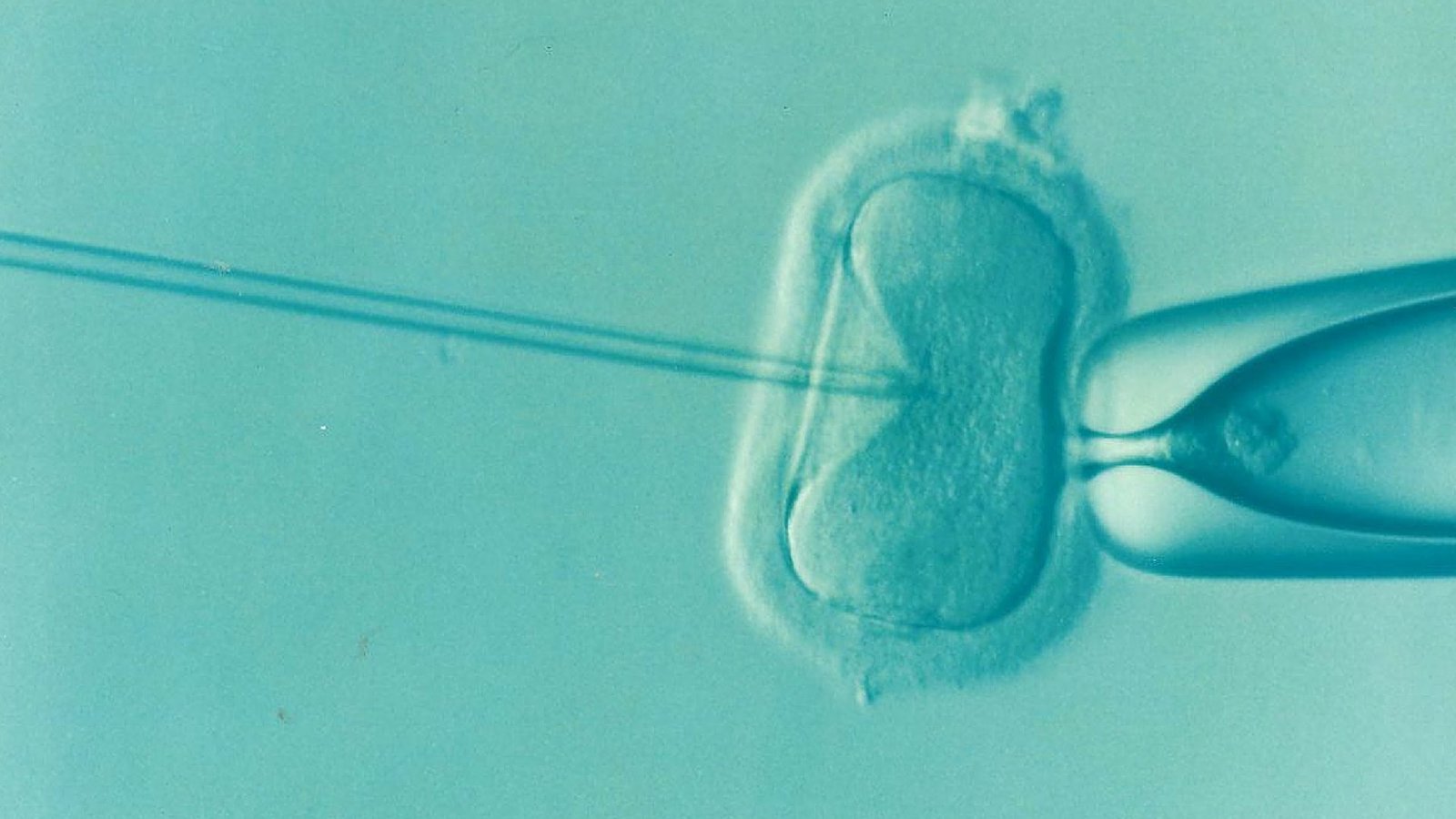The Future of IVF: Latest Advances & Research
In-vitro fertilization (IVF) has transformed the landscape of fertility treatments, offering hope to millions struggling with infertility. As technology and medical research continue to evolve, new advancements in IVF are making the process more effective, safer, and more accessible. Below, we explore the latest breakthroughs shaping the future of IVF.
1. Artificial Intelligence (AI) in Embryo Selection
AI is revolutionizing embryo selection by enhancing accuracy and success rates. Machine learning algorithms analyze embryo quality, genetic data, and developmental potential to identify the best candidates for implantation. This reduces human error and increases the likelihood of successful pregnancies.
2. Non-Invasive Embryo Assessment
Traditional embryo testing methods require biopsy-based genetic screening, which can be invasive. However, new techniques like non-invasive preimplantation genetic testing (niPGT) analyze spent culture media to assess embryo health without physical interference, improving safety and outcomes.
3. Ovarian Rejuvenation Therapy
For women with diminished ovarian reserve or premature ovarian failure, ovarian rejuvenation techniques, such as platelet-rich plasma (PRP) therapy and stem cell therapy, are emerging as potential solutions. These methods aim to stimulate follicle development and restore fertility naturally.
4. 3D Printing & Bioengineering for Fertility Treatments
The use of 3D bioprinting to develop artificial ovaries and endometrial tissue holds immense promise. Researchers are working on bioengineered reproductive tissues that could help women with severe reproductive conditions conceive.
5. Time-Lapse Imaging for Embryo Monitoring
Time-lapse imaging technology provides continuous embryo monitoring, reducing the need for frequent handling and increasing the ability to select the most viable embryo for transfer. This technique enhances embryo viability assessment, leading to better implantation rates.
6. Improved Cryopreservation Techniques
Freezing and thawing embryos effectively is critical for success in IVF. Vitrification, a rapid freezing technique, has significantly improved embryo survival rates post-thaw. Further research is optimizing cryopreservation to enhance long-term embryo storage and success rates.
7. Personalized IVF Treatments
Advancements in genetic and hormonal profiling are paving the way for personalized IVF protocols. Tailoring hormone stimulation and embryo transfer strategies based on an individual’s biological profile helps optimize treatment outcomes while reducing side effects.
8. Uterine Microbiome Research
The health of the uterine environment plays a crucial role in implantation. Research on the uterine microbiome is exploring how the balance of bacteria in the uterus affects fertility. Future treatments may include microbiome-modulating therapies to enhance embryo implantation success.
9. In-Vitro Gametogenesis (IVG)
One of the most futuristic advancements in reproductive medicine is in-vitro gametogenesis (IVG), where sperm and eggs are created from stem cells. This technology could provide new fertility solutions for individuals who cannot produce viable gametes naturally.
10. Ethical & Regulatory Considerations
With rapid advancements in IVF, ethical and legal considerations are becoming increasingly important. Issues surrounding gene editing (e.g., CRISPR technology), embryo selection, and reproductive rights are being actively discussed to ensure responsible progress in fertility treatments.
Conclusion
The future of IVF in Lahore is promising, with groundbreaking research and technological innovations improving success rates and patient experiences. From AI-driven embryo selection to stem cell therapies and personalized treatment plans, these advancements are making IVF more efficient and accessible. As science continues to push boundaries, hopeful parents will have more opportunities to achieve their dream of parenthood.


